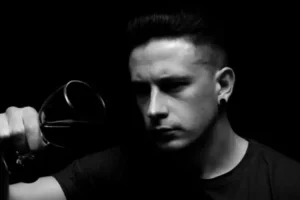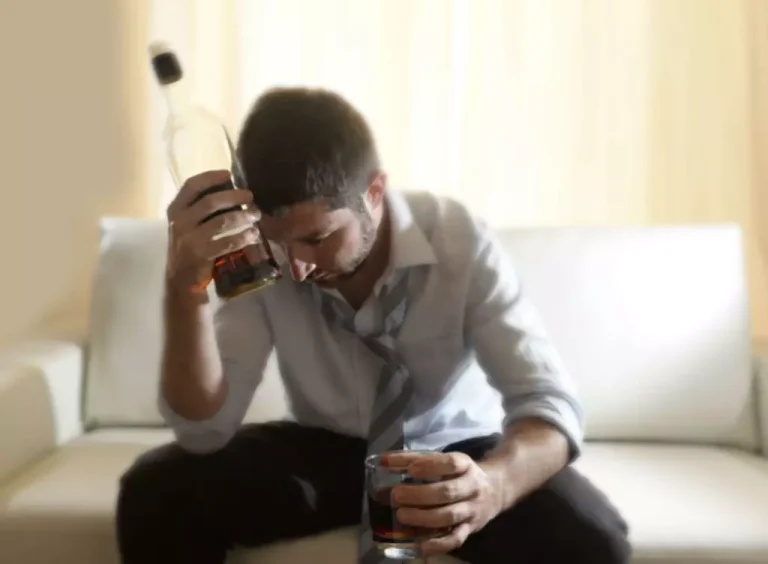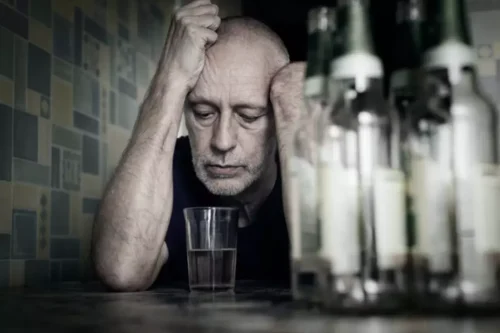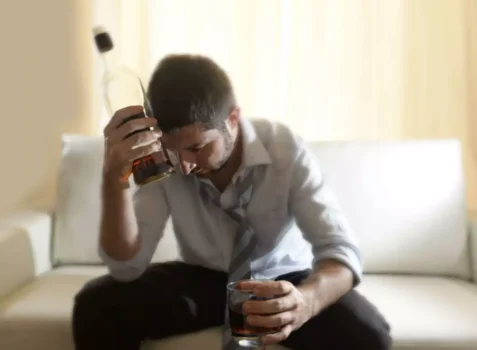
Without an effective alternate solution to substance use, they’ll continue to find themselves trapped in the addiction cycle. How does addiction work, and why do people continue using alcohol and drugs if they cause so many problems? Keep reading to learn more about the addiction cycle and how to help addiction. BetterHelp can connect you to an drug addiction addiction and mental health counselor.

Addiction Treatment Blog
Once the substance or behavior becomes part of the everyday experience, it’s very likely that the behavior will lead to the next phase of addiction. Ultimately, with the help of a treatment program and qualified healthcare providers, you can get to the next stage beyond the addiction cycle and break free of your drug dependence for good. The detoxification process, often the first step, can be physically challenging, but it’s a necessary part of purging the body of harmful substances. However, detox alone isn’t enough—it only addresses the physical aspects of addiction. Because stage models are organized, typically occur in a linear fashion, and are easy to conceptualize, they are often preferred by popular sources, such as support groups, the media, and laypeople.
Find Treatment
- Addiction refers to substance misuse and other behaviors and activities, such as gambling.
- For example, when it comes to illicit drugs used to feel a ‘high,’ even one use is considered abuse.
- Perhaps one of the most insidious effects of addiction is the way it derails life plans and stunts personal growth.
- Withdrawal episodes play a pivotal role in driving continued drug use as users resort to self-medicating uncomfortable withdrawal symptoms with more of the drug.
- As a result, the person using the substance may increase the dosage or frequency of use to try to recapture the original result.
- The addiction cycle is used by professionals to help understand what those who struggle with addiction are going through and how to help them recover.
A person can break the cycle at any point, as long as they get the right help. Understanding the five stages of addiction recovery can also be helpful for addicted people and their choose the correct cycle of addiction. family members. Once the brain is hooked on alcohol or drugs, it enters this second phase where an absence of the substance triggers a negative reaction. These effects can include sour moods, anxiety, dysphoria and increased stress. These withdrawal symptoms are triggered by parts of the brain known as the extended amygdala and the habenula. It’s a daunting reality, but it’s crucial to understand that chronic illnesses like addiction, whether stemming from substance misuse or co-occurring disorders, aren’t an overnight phenomenon.

Signs of Addiction
They often think that one drink will lead the right person to addiction. Recognizing the signs early can help you or a loved one break free from the cycle of addiction and begin the journey to recovery. Most all addictive drugs force the brain to produce excess amounts of neurotransmitter chemicals.
- Recognising these addiction triggers can be the first step toward developing recovery strategies.
- Our programs include therapy, counseling, and holistic support designed to address both the physical and emotional challenges of addiction.
- If someone seems different or struggles to control their substance use, it’s time to consider help.
- The pleasurable feelings may lead a person to use the drug more frequently.
Drug cravings are so strong, you are having difficulty functioning. If you notice that you or a loved one are exhibiting these signs of addiction, it’s possible that it’s time to seek treatment from a substance abuse treatment center such as Ethan Crossing. The final stage of the cycle – addiction – is marked by a loss of control, compulsive use, and continued use despite harmful consequences. But remember, relapse prevention is possible, and it’s a crucial part of the recovery process.
Thankfully, treatment works at each stage, whether you’ve just started or have been in active addiction for years. The more risk factors someone has, the more likely drug use will result in addiction. Over the years, a person who occasionally drinks or uses drugs casually may develop a habit that can become an addiction. Without the right therapies, support, and treatment plan, it can feel impossible to overcome them.
Recognizing and comprehending these stages is essential for addicts, their loved ones, and healthcare professionals striving to provide effective support and intervention. As addiction progresses, individuals may find themselves trapped in a cycle of compulsive drug-seeking and use. Your addiction is not a result of a lack of willpower or strength; rather, it’s caused by uncontrollable changes in the brain. Addiction causes a number of physical and emotional changes that can make it very difficult for a person to stop using a substance or participating in an activity.

Addiction Treatment

Once addictive drugs lead to physical and functional changes in the connections between various brain regions, it is extremely difficult to undo the changes and recovery can take a long time. Group and individual therapies, such as Alcoholics Anonymous (AA), are often helpful, but a person who is in recovery knows that relapse could occur quickly. However, various treatment options are available to help people on the path to recovery from substance use disorders.



